Research
This section contains research into history teaching conducted by the HA as well as Teaching History articles reporting on empirical research of particular relevance for trainees seeking to understand how history has been taught and experienced in different contexts. See also the reports from the HA's annual survey of history in secondary schools
-

What’s The Wisdom On... Consequence
ArticleClick to view -

Right up my street: the knowledge needed to plan a local history enquiry
ArticleClick to view -
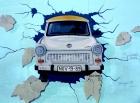
‘If you had told me before that these students were Russians, I would not have believed it’
ArticleClick to view -

Thinking makes it so: cognitive psychology and history teaching
ArticleClick to view -

Pipes's punctuation and making complex historical claims
ArticleClick to view -

Building and assessing historical knowledge on three scales
ArticleClick to view -
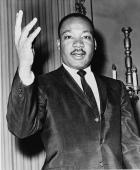
Securing contextual knowledge in year 10
ArticleClick to view -

The International Journal Volume 12, Number 2
ArticleClick to view -

Concerns over future of teacher training 2014
ArticleClick to view -
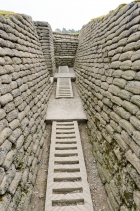
On the frontlines of teaching the history of the First World War
ArticleClick to view -
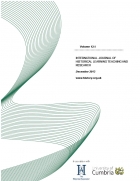
The International Journal Volume 12, Number 1
ArticleClick to view -

IOE national research into pupils' thinking about the Holocaust
ArticleClick to view -

The International Journal Volume 11, Number 2
ArticleClick to view -

Historical reasoning in the classroom
ArticleClick to view -

Designing an enquiry in a challenging setting
ArticleClick to view -
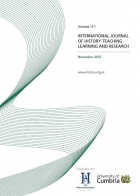
The International Journal Volume 11, Number 1
ArticleClick to view -
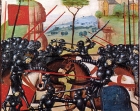
Polychronicon 148: The Wars of the Roses
ArticleClick to view -

Hidden histories and heroism: post-14 course on multi-cultural Britain since 1945
ArticleClick to view -

Triumphs Show 146: putting an enquiry together
ArticleClick to view -
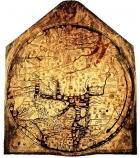
Polychronicon 146: Interpreting the history of 'big history'
ArticleClick to view

